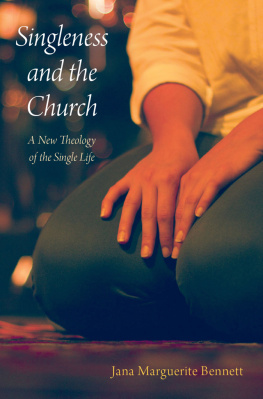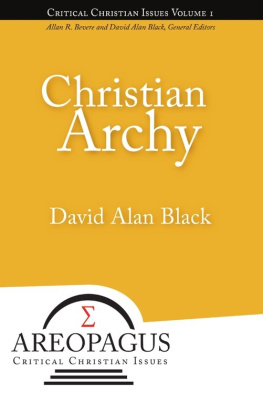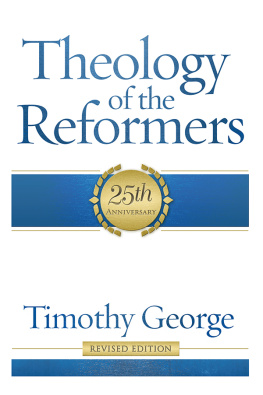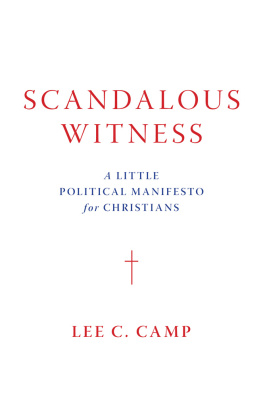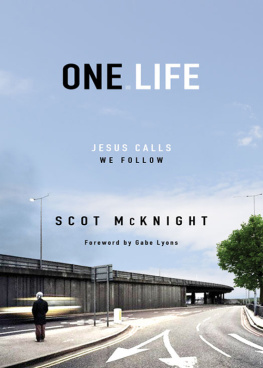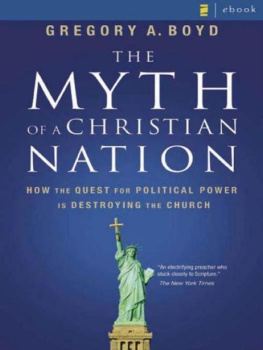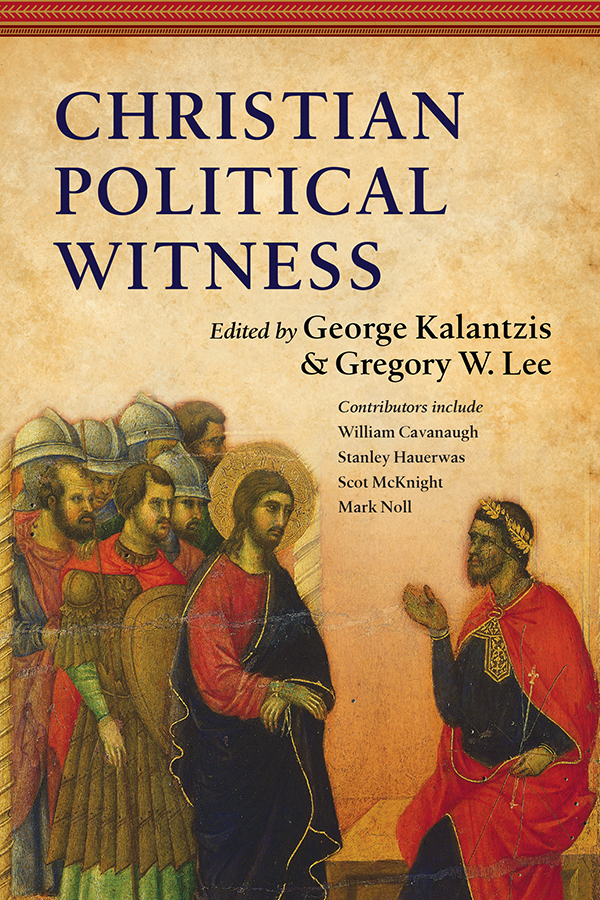InterVarsity Press
P.O. Box 1400,
Downers Grove, IL 60515-1426
World Wide Web: www.ivpress.com
Email:
2014 by George Kalantzis and Gregory W. Lee
All rights reserved. No part of this book may be reproduced in any form without written permission from InterVarsity Press.
InterVarsity Press is the book-publishing division of InterVarsity Christian Fellowship/USA, a movement of students and faculty active on campus at hundreds of universities, colleges and schools of nursing in the United States of America, and a member movement of the International Fellowship of Evangelical Students. For information about local and regional activities, write Public Relations Dept., InterVarsity Christian Fellowship/USA, 6400 Schroeder Rd., P.O. Box 7895, Madison, WI 53707-7895, or visit the IVCF website at www.intervarsity.org .
Cover design: Cindy Kiple
Images:
Pontius Pilates Second Interrogation of Christ, by Duccio di Buoninsegna / De Agostini Picture Library / G. Nimatallah / The Bridgeman Art Library
old paper: peter zelei/iStockphoto
sari borders: hpkalyani/iStockphoto
ISBN 978-0-8308-9620-2 (digital)
ISBN 978-0-8308-4051-9 (print)
Dedicated to the students of
Wheaton College
past, present and future
Beati pacifici,
quoniam filii Dei vocabuntur.
Beati qui persecutionem patiuntur propter iustitiam,
quoniam ipsorum est regnum caelorum.
Christo et regno eius.
Contents
Introduction
George Kalantzis and Gregory W. Lee
On October 28, 312, Constantine won arguably the most fateful military victory in the history of Christianity. Having crossed the Alps during the spring of that year, Constantine had his eyes set on Rome, where his rival for the imperial throne ruled. Some time before the battle, as later authors would recount, Constantine experienced a vision of a cross in the sky, coupled with an inscription that read, By this conquer. The Romans were used to signs and visions indicating the favor or disfavor of the gods, and Constantine knew immediately what to do. He had a copy of this sign made for his protection and a Christian symbol inscribed on his soldiers shields, and prepared for war.
Constantine would proceed to defeat Maxentius and his troops decisively at the Milvian Bridge, an important entrance into Rome that crossed the Tiber River. But what exactly this victory meant would be debated even in Constantines era. His greatest hagiographer, Eusebius of Caesarea, would compare the moment to the exodus. Like Moses, Constantine grew up in the household of a pagan ruler (not Pharaoh, but the emperor Diocletian) yet managed to remain faithful to the one true God. Moses task was to deliver his people from tyrannical oppression; Constantines was the same. And when Maxentius sank like a stone into the Tiber River, was that not like Pharaoh and his armies drowning in the Red Sea after Moses and the Israelites had crossed on dry ground?
Certainly, Eusebius had contemporary events on his side. Constantine would assume sole rule over the Roman West and soon issue with Licinius, his Eastern counterpart, a momentous decree of religious toleration. Promulgated in February 313, the Edict of Milan did not make Christianity the official religion of the Roman Empire, but it did legalize and promote Christianity throughout Romes territories. Christians won the right to worship. Seized territories were returned. Bishops received imperial powers. Enormous churches were constructed. Scribes produced new copies of Scripture, some of which remain our most important manuscripts today. Within a few generations, in 380, Christianity would complete the transition from suspicious superstition to state religion when Emperor Theodosius I inscribed the faith into law.
But what happens if circumstances change? In 410, fewer than two decades after pagan religion was banned in 393, Rome was sacked for the first time in hundreds of years. Romans who had never appreciated the Christian takeover had a ready explanation: the gods were angry that Rome had abandoned its traditional religion. This was divine retribution for converting to the God of Jesus. In the massive City of God, Augustine took up his pen against such critics, but his response posed as much of a challenge to the Christians of his day as to the pagans. It was silly to blame Christ for Romes recent calamity, when Rome had suffered much worse long before the incarnation. Gods mysterious will cannot be read off the vagaries of temporal events in the first place. There is, at bottom, no difference between the presumption of Christs favor after some military triumph and the attribution of some physical calamity to the wrath of the gods. Each reduces worship to the attainment of earthly goods.
Moreover, God has not aligned himself with any one political community, no matter its power or the duration of its reignno community, that is, except for the heavenly city, which is Gods people. But this community lives a very different existence from earthly orders. As Augustine argued, in a tradition of Christian writers extending back to the second century, other peoples put their hope in temporal reward, but the city of God looks for eternal blessing, walking by faith and not by sight, as a pilgrim in a foreign land. During this temporal existence, the heavenly city does need earthly goods, as does the earthly city, but it will only pursue them for the sake of heavenly things. The politics of Gods people will therefore not conform to the politics of the world, though there may be some room for cooperation and common ground. For the goals of the two cities cannot finally be aligned.
Seventeen hundred years after the Edict of Milan, Christians continue to wrestle with the relation between church and state. What might a distinctively Christian witness mean in an increasingly polarized climate where the immensity of the challenges governments face seems matched only by the partisanship of the political system? What is the proper Christian response to unending wars, burgeoning debt, disregard for civil liberties, attacks on the sanctity of life, and economic injustice, not to mention ongoing challenges to traditional understandings of sexuality and marriage? Are Christians anything more than an interest group, open to manipulation by those who most enticingly promise to preserve a certain way of life? And how will Christians respond to their increasingly marginalized status in the West, where Christendom is at least on the wane, if not, as some have suggested, proceeding to its slow and final death?
The twenty-second Wheaton Theology Conference, held on the campus of Wheaton College in April 2013, furnished an opportunity to consider these questions afresh. Despite the variety of perspectives and approaches the presenters contributed, one may note in these essays a certain commonality of theme: Christians must remind themselves that the primary locus of Christian political activity is the church. We do not finally put our trust in military power, economic might or even the wisdom of founding fathers. Our faith is ultimately in Jesus Christ and his love for the community he founded. The shape of our corporate life should therefore reflect above all else fidelity to him, and not just identity politics or pragmatic concerns.
No one in contemporary theological discussion has insisted more persistently on the difference church makes than Stanley Hauerwas, so this volume begins with his defense of the church as a material culture defined by concrete practices and habits. The churchs politics cannot accommodate the privatization of religion, as the Enlightenment would have us believe. The assertion that Jesus Christ is the Lord of the universe is no matter of personal opinion, and the church is indeed called to public witness. The great twentieth-century example of this vision is Karl Barth, whose rejection of any theology rooted primarily in human experience not only animated his assertion of God as God but also illuminated his perception of the threat Hitler posed. Yet, as Barth himself would learn, this God has embraced humanity in the person of Jesus Christ, and it is precisely Christs materiality that grounds the churchs politics and its hope before an uncertain future.



